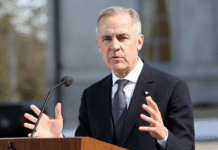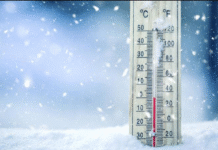
August 28, 2025
RED FM News Desk
As climate change becomes more visible in Canadians’ daily lives, educators across the country say schools must better prepare students to understand and respond to its impacts.
Following one of Canada’s most devastating wildfire seasons, teachers like Lisa Jeffery in Leamington, Ontario, say students are increasingly aware of the crisis. Although Ontario’s curriculum allocates about a quarter of science instruction to climate education, Jeffery believes there are missed opportunities to integrate it across all subjects.
A national survey by Learning for a Sustainable Future found 62% of Canadians view climate change as a priority for schools, yet many teachers report barriers such as limited time and lack of professional training.
Rochelle Tkoch, a Grade 7 and 8 teacher in Niagara, uses an interdisciplinary approach, connecting climate change to community issues like food access and emissions. However, she says the rigid structure of subject-based teaching often discourages broader integration.
In Alberta, curriculum concerns are compounded by political tensions. Jason Schilling of the Alberta Teachers’ Association warns that politicizing climate education risks sidelining teachers’ input. Meanwhile, Alberta’s education minister maintains the curriculum includes diverse perspectives on environmental topics.
In B.C., teacher Violette Baillargeon emphasizes that climate education is a moral duty, not a political stance. Her students regularly discuss wildfires and extreme weather, prompting her to link language learning with environmental and social issues.
Inspired by her encounters with climate migrants, Baillargeon argues that understanding climate change is essential for global awareness and critical thinking.







